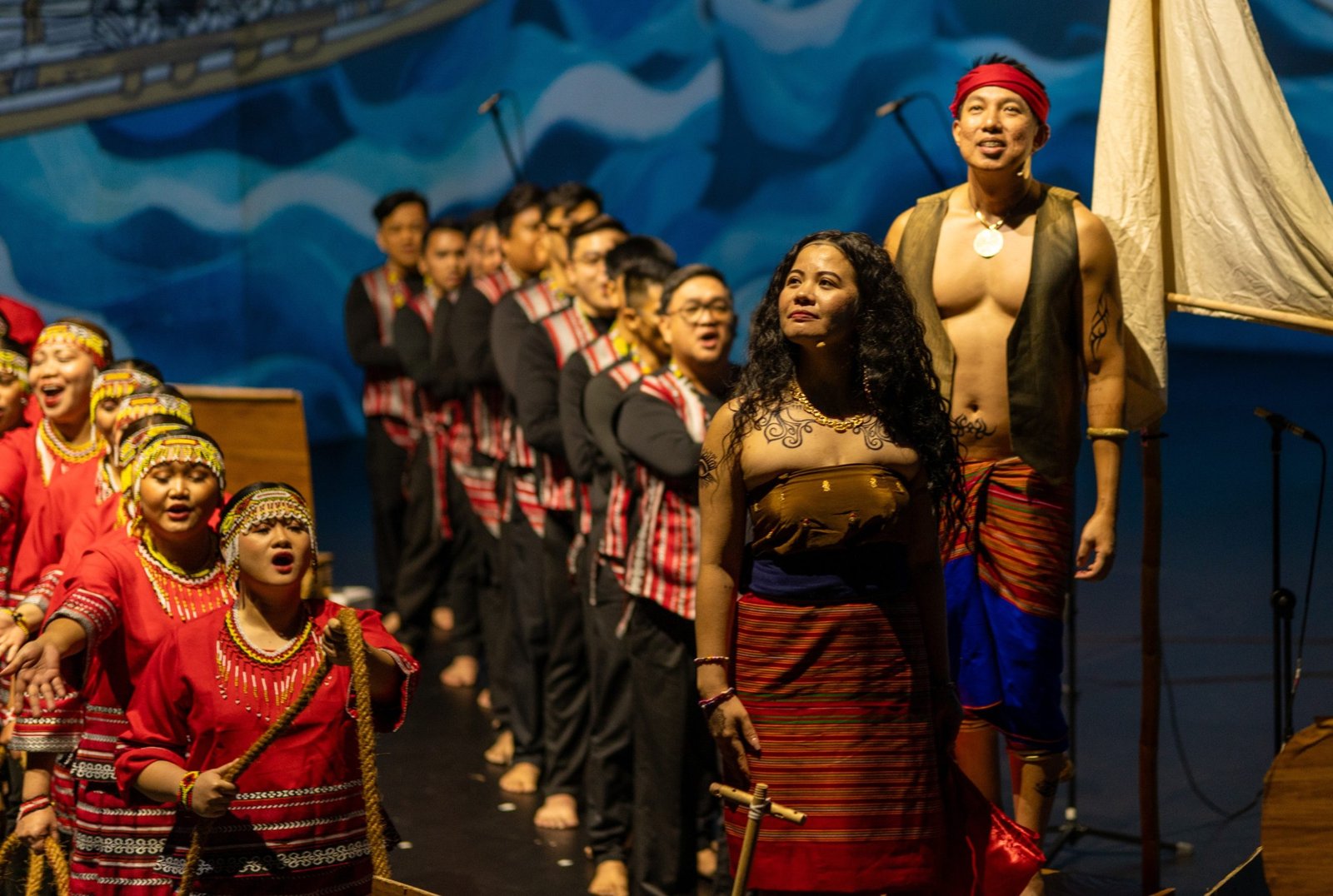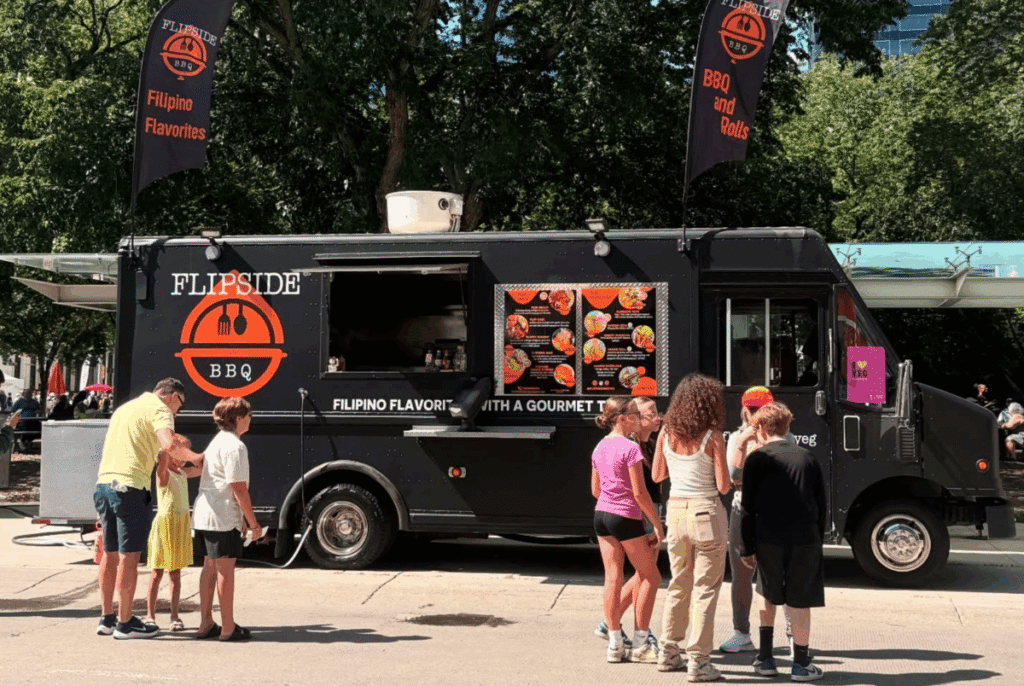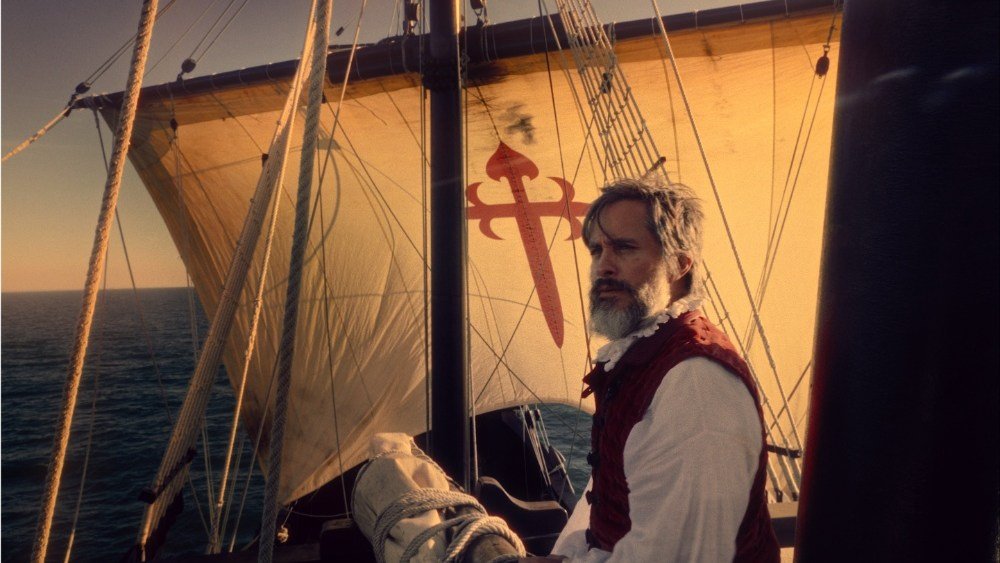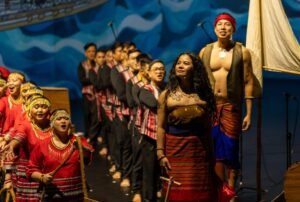
Photo from filistix.sub/Instagram
Just got back from Edmonton, Alberta, Canada – land of hockey, politeness and food trucks that smell like my mother’s kitchen but with better health permits. And now I’m packing again. This Labor Day weekend, I’m thinking about labor and work. Because nothing says “day off” like thinking about… work.
For Filipinos, labor isn’t just a job – it’s the family business. We’ve been exporting labor longer than the Philippines has been exporting Jollibee spaghetti. That’s why the diaspora feels like Costco – you buy one immigrant, you get 10 more free.
For artists, labor means hitting the road. For me, that means another border crossing into Canada, another chance to test the 14th Amendment and birthright citizenship. I’m American. But do I look American? TSA looks at me like: “Sir, you’re either an American… or the bass player for Journey.”
Your subscription could not be saved. Please try again.
Your subscription has been successful.
This week it’s Vancouver Fringe, Sept. 4–14 at the Revue Stage, Granville Island. Come for “Emil Amok 69.” (Yes, that’s the title. Because nothing gets a Canadian theatergoer’s attention faster than a nice, polite “69.”)
Filipino food trucks
This summer I’ve already hit the Winnipeg and Edmonton Fringes. Two NHL towns. You’d think hockey. But what hit me hardest? The diversity.
I met great families in Winnipeg like the Mar family, whose family opened up an Asian restaurant and store in Manitoba in the 19th century. One of the family members married a Filipina, and they all came to my shows, then showed me around Winnipeg, especially around the forks, where two divergent rivers come together, and eventually meet the Mississippi.
In Edmonton, there was another river. And Filipino food trucks galore.
Edmonton seemingly had more Filipino food trucks than Tim Hortons.
Roel runs Filistix, one of the OG Filipino trucks. Born in Canada, his family fled Marcos in the ‘70s. Meanwhile, my dad spent 30 days on a steamer in the 1920s. His story was the west coast version of Ellis Island, minus Ellis, plus rice cooker.
Funny how the difference between Roel’s life and mine was mostly all timing.
My father, who was also a cook, came as a colonized American. He wasn’t able to start a family till later, but it was the US all the way. There were no options.
Now I’m an American visiting Canada, and in conversation, Roel is ending his sentences with a Canadian, “eh?”
It was a “there but for fortune” moment. Where would I be if my father didn’t take that 30-day steam ship ride to California?
Likely still in Ilocos? Or maybe Canada if he left the Philippines later?
Rez from Tondo, like my mom
Then there’s Rez from Tondo, Manila. He calls Tondo “the Bronx of the Philippines.”
I’ve been to the Bronx, but I’ve also been to Tondo, where my mother was born and raised. Canada is practically heaven on earth compared to Tondo.
And proof of it is standing by Rez’s food truck Flipside, where he presents “Filipino Flavorites with a Gourmet Twist.”

Photo from flipsidebbqyeg/Instagram
As a vegan, I can only eat the vegetable lumpia, but Rez sells a smashburger on an ube roll that has won awards from local foodies.
Rez story is typical for those who came post-Marcos. His father came first to Canada, an easier landing spot than the US. He sent remittances back home, then his wife and Rez followed.
Rez went into the hotel industry and food services, but dreamed of opening his own restaurant some day. Rez met his wife Zahra at the hotel where she worked in housekeeping.
Now they have two kids, and the dream – a thriving food truck business, hitting the streets every week in Edmonton, known as the town of festivals. Each week a different Filipino Canadian event.
These are the origin stories of Filipinos in the Americas. They are Filipino stories that wend their way through all the forks in the road of luck, immigration and bureaucracy to define the stories of Filipinos today.
It’s not Filipino Canadian or Filipino American. Just Filipino.
We are all in diaspora searching for that next opportunity. Still.
In Edmonton, the food trucks just struck me as our metaphor. It makes sense to be on wheels if you’re a restaurant. The truck goes to the people to dish it up.
The food and the stories. Roel’s, Rez’s – are our stories. My dad in the 1920s. My mom from Tondo. All of us, like food trucks. Always on wheels. Always moving. Serving up survival with a side of identity.
And me? I’m a food truck too. But instead of garlic rice, I’m serving jokes, stories and the occasional political punchline. And like any food truck, half the time the audience is wondering, “Do I really trust this guy with my intestines?”
So as we roll out of Labor Day and back into “real life,” just remember: Filipinos are always on the move. Always in motion far from home, searching for our happiness – the seminal act of the diaspora.
Find me in Vancouver, Sept. 4–14, I’ll be there on Granville Island – dishing it up.
No ube buns. Just me, amok on the story of our times, where the personal is always political.
Emil Guillermo is an award-winning journalist, news analyst and comic stage performer. He writes for the Inquirer.net’s US Channel. He has written a weekly “Amok” column on Asian American issues for more than 30 years. Find him on YouTube, patreon and substack. See him at the Vancouver Fringe Sept. 4-14.










